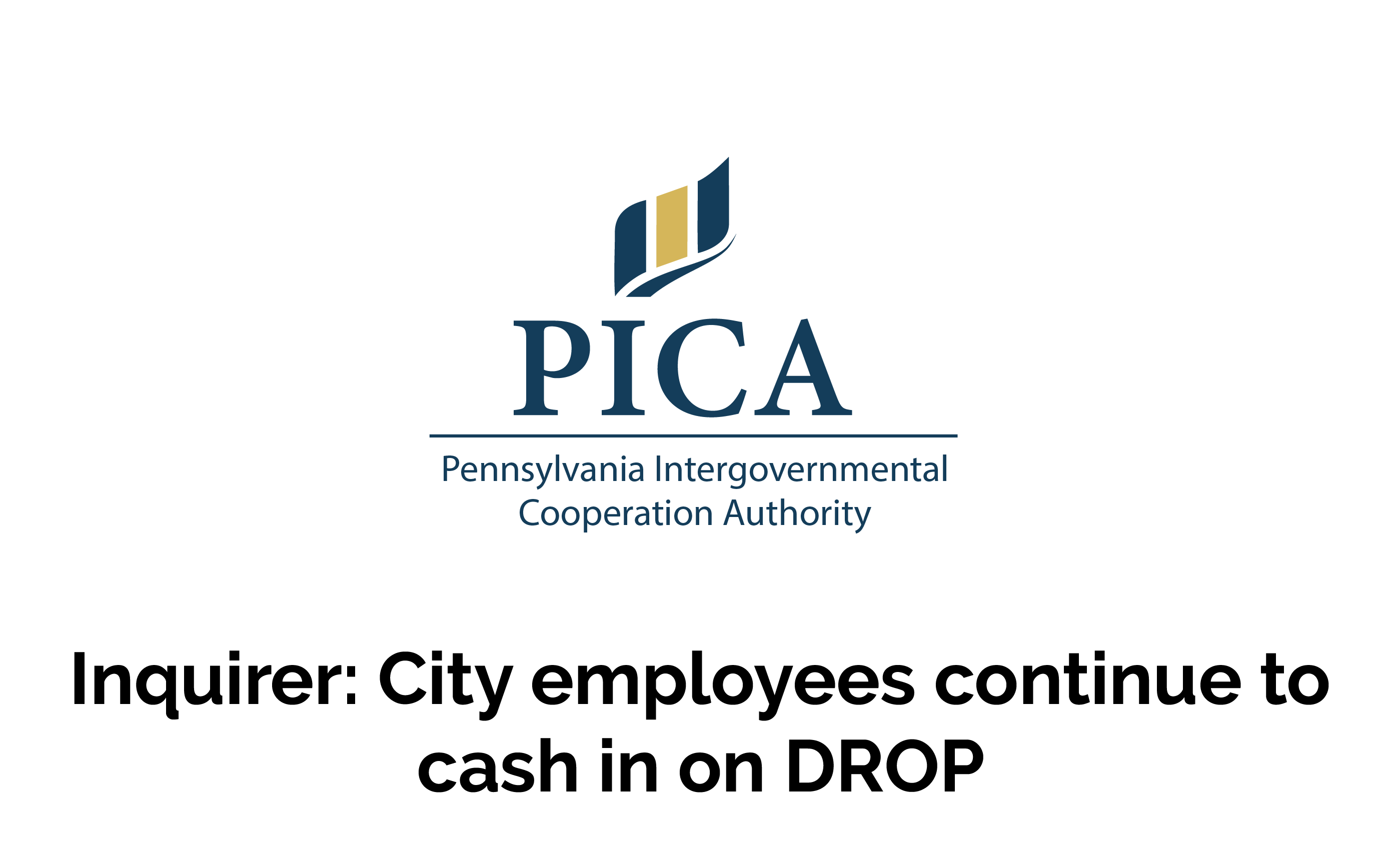Summary
A recent city analysis revealed that DROP remains a major financial burden, with 613 employees collecting an average payout of $165,813 in 2016 and total program costs surpassing $1.4 billion since inception. The program, which allows employees to lock in their pension benefits while still working and collect a lump sum upon retirement, has been criticized by fiscal watchdogs and multiple mayoral administrations for its cost to taxpayers. While former Mayor Michael Nutter attempted to eliminate DROP, City Council instead passed a 2011 amendment to adjust interest rates and retirement ages, a move that unions later challenged in court. Mayor Kenney’s administration ended the city’s legal appeal to reduce DROP interest rates, securing union support for other pension reforms instead. The Pennsylvania Intergovernmental Cooperation Authority (PICA) commissioned a $55,000 study to reassess DROP’s financial impact, following a 2010 study that estimated it had cost the city $258 million over 11 years. As DROP remains enshrined in labor agreements, eliminating it would require City Council action, but union opposition remains strong.

